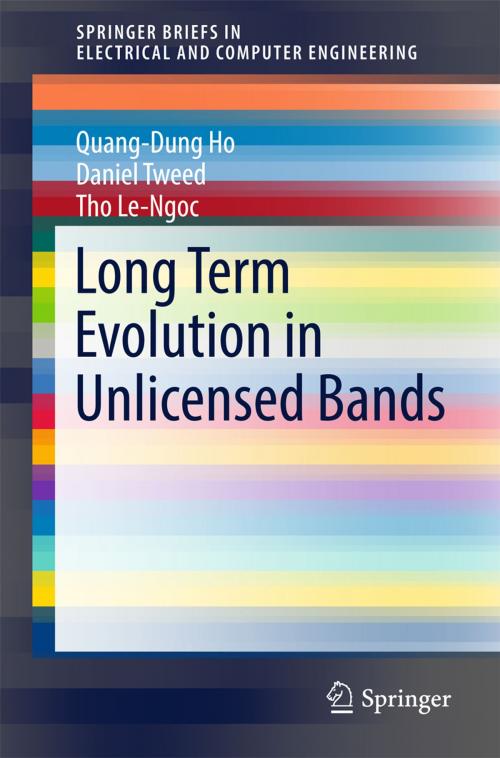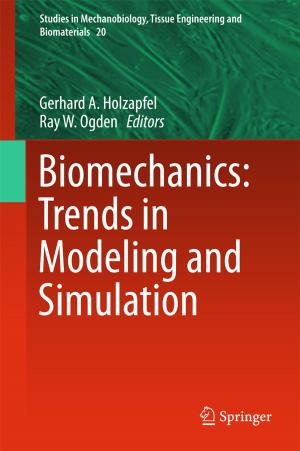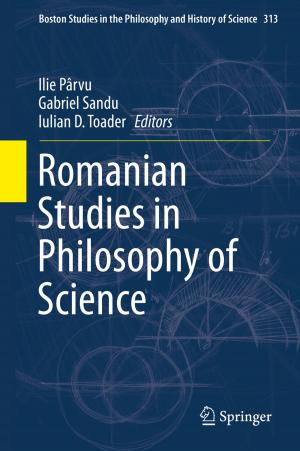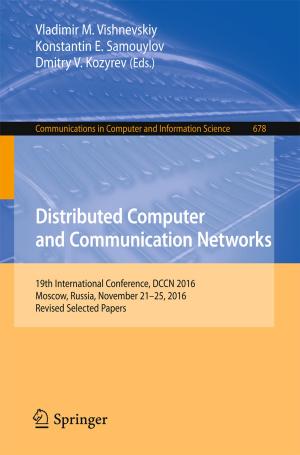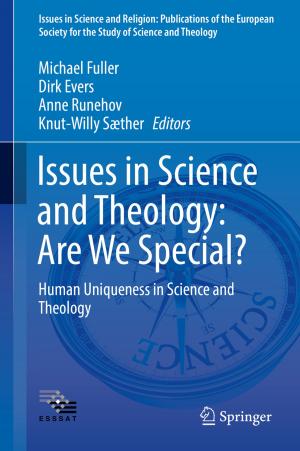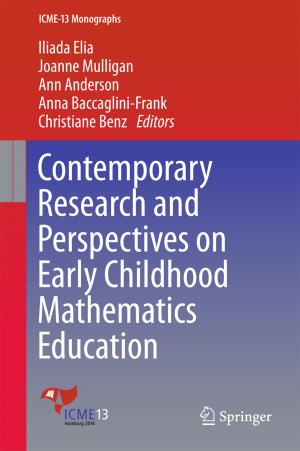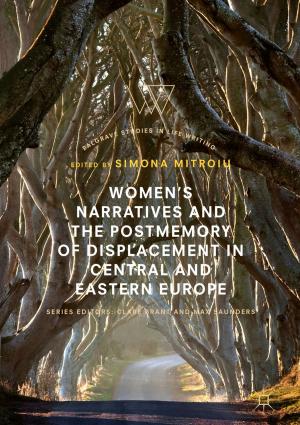Long Term Evolution in Unlicensed Bands
Nonfiction, Science & Nature, Technology, Engineering, Civil, Telecommunications| Author: | Quang-Dung Ho, Daniel Tweed, Tho Le-Ngoc | ISBN: | 9783319473468 |
| Publisher: | Springer International Publishing | Publication: | October 26, 2016 |
| Imprint: | Springer | Language: | English |
| Author: | Quang-Dung Ho, Daniel Tweed, Tho Le-Ngoc |
| ISBN: | 9783319473468 |
| Publisher: | Springer International Publishing |
| Publication: | October 26, 2016 |
| Imprint: | Springer |
| Language: | English |
This SpringerBrief focuses on the coexistence concerns emerging in LTE networks using unlicensed frequency bands. It provides a comprehensive review on LTE networks and their unavoidable need for enhanced capacity to meet the demands for future applications, including a need for low-cost options.
LTE using unlicensed frequency (U-LTE) is then introduced as the most promising solution, and discussed from various perspectives to unveil its benefits, challenges, and requirements for coexistence with the widely-deployed IEEE 802.11/Wi-Fi technology. Meeting these coexistence requirements is the most important factor for the acceptance of U-LTE, and the majority of this brief explores the big picture concerns and existing solutions related to coexistence-aware medium access protocols for background knowledge. A proposed network-aware adaptive listen-before-talk protocol is presented and evaluated.
Finally, the authors identify a number of open technical questions and potential research issues in U-LTE. This SpringerBrief is suitable for telecom engineers, researchers, and academic professionals with valuable knowledge and potential working or research directions when designing and developing medium access protocols for next generation wireless access networks.
This SpringerBrief focuses on the coexistence concerns emerging in LTE networks using unlicensed frequency bands. It provides a comprehensive review on LTE networks and their unavoidable need for enhanced capacity to meet the demands for future applications, including a need for low-cost options.
LTE using unlicensed frequency (U-LTE) is then introduced as the most promising solution, and discussed from various perspectives to unveil its benefits, challenges, and requirements for coexistence with the widely-deployed IEEE 802.11/Wi-Fi technology. Meeting these coexistence requirements is the most important factor for the acceptance of U-LTE, and the majority of this brief explores the big picture concerns and existing solutions related to coexistence-aware medium access protocols for background knowledge. A proposed network-aware adaptive listen-before-talk protocol is presented and evaluated.
Finally, the authors identify a number of open technical questions and potential research issues in U-LTE. This SpringerBrief is suitable for telecom engineers, researchers, and academic professionals with valuable knowledge and potential working or research directions when designing and developing medium access protocols for next generation wireless access networks.
